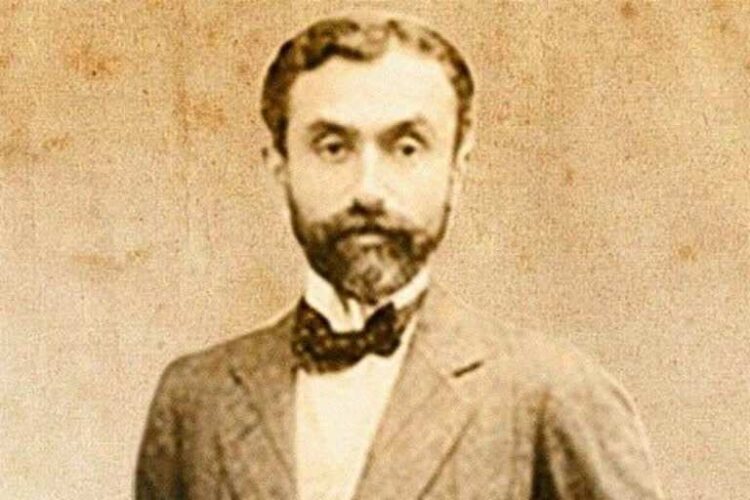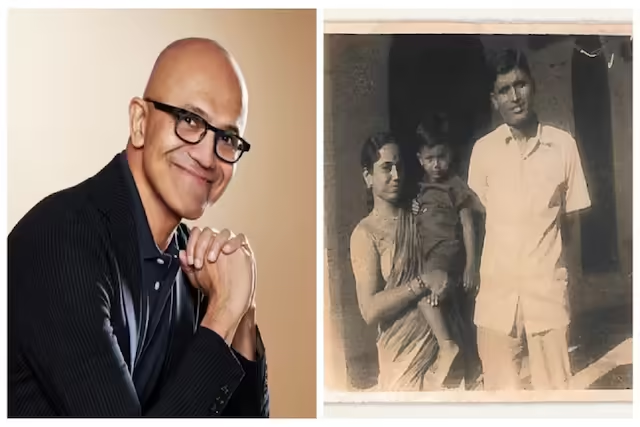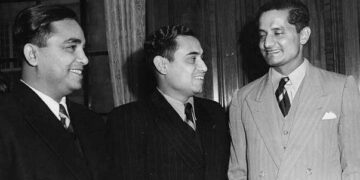(English: Sir Ratanji Jamsetji Tata, born- January 20, 1871, Mumbai; died- September 5, 1918, England) was a famous Indian industrialist who is considered one of the four great people who founded the ‘Tata Group’. He was a philanthropist who was among the pioneers in the study of poverty in India. The legacy of philanthropy that exists in the Tata Group today was started by Sir Ratanji Tata.
Introduction
Sir Ratanji Tata was born on 20 January 1871 in then Bombay (present day Mumbai, Maharashtra). He can be called the jewel of philanthropy in the Tata Group. He was the younger son of Jamsetji Tata and grandfather of Naval Tata’s father Ratan Naval Tata, the current chairman of Tata Group. Sir Ratanji Tata left this world at a young age. He did great philanthropic work in his short life and left behind a legacy in the Tata Group.
Sir Ratanji Tata is considered one of the four great men who founded the ‘Tata Group’, the other three being Jamsetji Tata, Dorabji Tata and Ratanji Dadabhoy Tata. Sir Ratan Tata was popularly known as ‘Ratanji’. He was a philanthropist and one of the pioneers in the study of poverty in India. He had no children of his own. After the death of Ratanji Tata, his wife Navjabai Tata adopted Naval, an orphan child of her relation. Ratan Tata, the current chairman of Tata Group, is the son of Naval Tata.[1]
business expansion
Sir Ratanji Tata studied at St. Xavier’s College, Bombay. He was 12 years younger than his elder brother Sir Dorabji Tata. He joined ‘Tata and Sons’ as a partner in the year 1896. After the death of his father in 1904, he started looking after the business of the French company ‘Le Union Fire Insurance Company’, which had ‘Tata & Sons’ agent in India. He also got the charge of ‘Trading Firm Tata & Company’, which traded in cotton, yarn, silk, pearl, rice etc.
During the tenure of Sir Ratanji Tata, the work of ‘Tata Iron and Steel Company’ started in Sanchi in 1912. During his tenure, a huge hydroelectric project was started near Mumbai in 1915, which later facilitated the industries of Mumbai in getting electricity and expanded their production. He established a trust fund for charitable purposes, which is today the second largest fund of ‘Tata Trust’.[1]
Gandhiji’s support
But Sir Ratanji Tata had special interest in social and charitable works. He provided moral and financial support to Mahatma Gandhi’s anti-racism movement in South Africa. At that time he donated Rs 1.25 lakh for this. He was a friend of freedom fighter and social reformer Gopal Krishna Gokhale. He contributed Rs 10,000 annually for 10 years to support Gokhale’s social work.
study on poverty
Not only this, Sir Ratanji Tata helped 400 pounds annually to establish a chair for the study of poverty at the London School of Economics. Now this chair is established as ‘Sir Ratan Tata Foundation’. In the year 1912, with the help of Sir Ratan, the Department of Social Studies was established in LSE.
excavation work
Sir Ratanji Tata funded the first archaeological excavations in Patliputra (Patna) between 1913 and 1917. It was during this excavation that a Mauryan court with 100 pillars was found.[1]
title of ‘sir’
With the help of Sir Ratanji Tata, ‘Indian Institute of Scientific and Medical Research’ was established in Mysore in 1905. He donated Rs 10,000 annually for ten years to the ‘King George V Anti Tuberculosis League’ started by the Bombay Municipal Corporation. In view of his social service, the British Government gave him the title of ‘Knighthood’ i.e. ‘Sir’ in 1916.
death
Sir Ratanji Tata lived in this world for only 47 years. He died in St. Ives, England on September 5, 1918. According to his will, most of his property was given to charitable works. In the year 1919, ‘Sir Ratan Tata Trust’ was established in his name with a fund of Rs 80 lakh.






